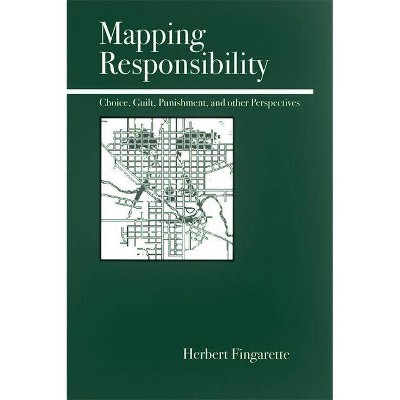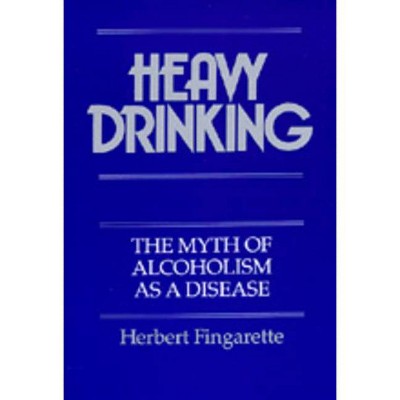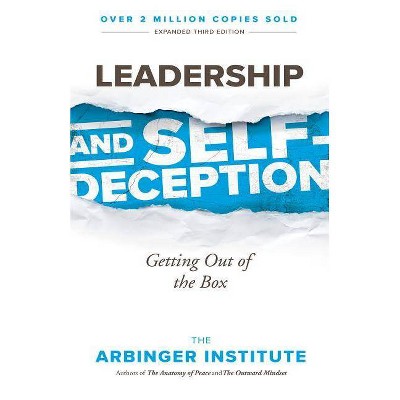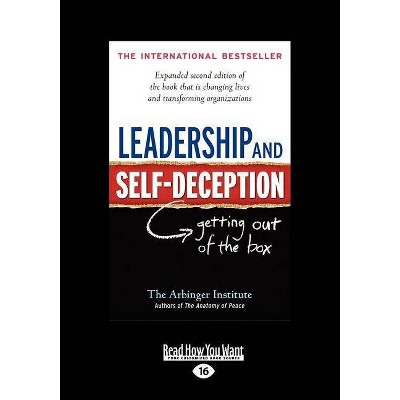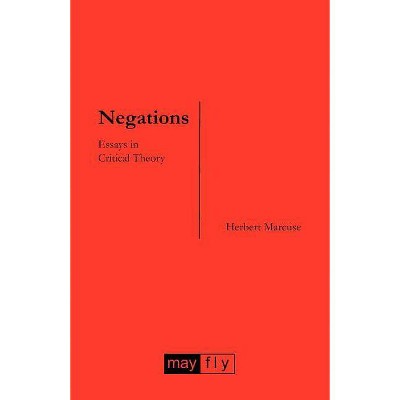Self-Deception - by Herbert Fingarette (Paperback)
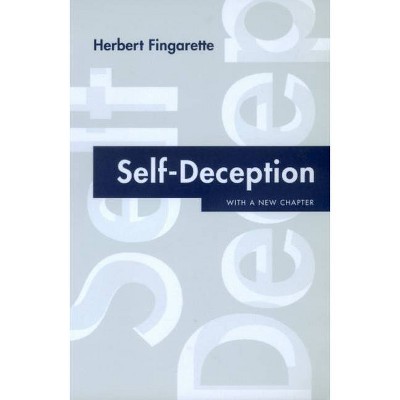
Similar Products
Products of same category from the store
AllProduct info
<p/><br></br><p><b> About the Book </b></p></br></br>"Fingarette's book on the topic is so firmly and deservedly entrenched it is 'essential reading.'"--Roger Squires, Editor, "The Philosophical Quarterly" <BR>"It was Herbert Fingarette, in his book "Self-Deception, " who made the theme of self-identity central in thinking about self-deception. . . . Quite simply, it is the most important single work on the topic. It is a classic that merits staying in print for many years to come." Mike W. Martin, author of "Self-Deception and Self-Understanding" <BR>"Since 1962 our writings on self-deception have been largely directed at the two philosophers who are to be thanked most justly and warmly for keeping interest in self-deception alive: Professor Herbert Fingarette of the University of Cailfomia, Santa Barbara, and the late Jean-Paul Sartre." --John King-Farlow and Richard Bosley <BR>"The best treatment of self-deception I know to date remains that of Herbert Fingarette in "Self-Deception.""--Ronald B. deSousa, Professor of Philosophy, University of Toronto <BR>"A classic." --Robert C. Solomon, author of "The Passions"<p/><br></br><p><b> Book Synopsis </b></p></br></br><i>With a new chapter</i><br /><br />This new edition of Herbert Fingarette's classic study in philosophical psychology now includes a provocative recent essay on the topic by the author. A seminal work, the book has deeply influenced the fields of philosophy, ethics, psychology, and cognitive science, and it remains an important focal point for the large body of literature on self-deception that has appeared since its publication.<br /><br /> How can one deceive oneself if the very idea of deception implies that the deceiver knows the truth? The resolution of this paradox leads Fingarette to fundamental insights into the mind at work. He questions our basic ideas of self and the unconscious, personal responsibility and our ethical categories of guilt and innocence. Fingarette applies these ideas to the philosophies of Sartre and Kierkegaard, as well as to Freud's psychoanalytic theories and to contemporary research into neurosurgery. Included in this new edition, Fingarette's most recent essay, "Self-Deception Needs No Explaining (1998)," challenges the ideas in the extant literature.<p/><br></br><p><b> From the Back Cover </b></p></br></br>Fingarette's book on the topic is so firmly and deservedly entrenched it is 'essential reading.'--Roger Squires, Editor, <i>The Philosophical Quarterly</i><br /><br />It was Herbert Fingarette, in his book <i>Self-Deception, </i> who made the theme of self-identity central in thinking about self-deception. . . . Quite simply, it is the most important single work on the topic. It is a classic that merits staying in print for many years to come. Mike W. Martin, author of <i>Self-Deception and Self-Understanding</i><br /><br />Since 1962 our writings on self-deception have been largely directed at the two philosophers who are to be thanked most justly and warmly for keeping interest in self-deception alive: Professor Herbert Fingarette of the University of Cailfomia, Santa Barbara, and the late Jean-Paul Sartre. --John King-Farlow and Richard Bosley<br /><br />The best treatment of self-deception I know to date remains that of Herbert Fingarette in <i>Self-Deception.</i>--Ronald B. deSousa, Professor of Philosophy, University of Toronto<br /><br />A classic. --Robert C. Solomon, author of <i>The Passions</i><p/><br></br><p><b> About the Author </b></p></br></br><b>Herbert Fingarette</b> is Professor Emeritus of Philosophy at the University of California, Santa Barbara. In addition to <i>Self-Deception</i> (1969), he is the author of <i>The Self in Transformation</i> (1963), <i>On Responsibility</i> (1967), <i>The Meaning of Criminal Insanity</i> (California, 1972), <i> Confucius: The Secular as Sacred</i> (1972), <i>Mental Disabilities and Criminal Responsibility</i> (California 1979), <i>Heavy Drinking: The Myth of Alcoholism as a Disease</i> (California 1988), and <i>Death: Philosophical Soundings</i> (1996).
Price History
Cheapest price in the interval: 25.99 on October 22, 2021
Most expensive price in the interval: 25.99 on November 8, 2021
Price Archive shows prices from various stores, lets you see history and find the cheapest. There is no actual sale on the website. For all support, inquiry and suggestion messagescommunication@pricearchive.us
